If we are learning to ride a bike, Hawai'i is our set of training wheels. That which is different and exotic is what stirs the traveler’s appetite, and our time on the island has certainly whetted our pallets. The soft feeling of the air against your face, the smell of brilliant tropical flowers growing freely against the sidewalk, the hypnotic strum of a ukulele—these are the elements that awaken you to the fact you are not at home. Yet in the distance, an American flag waives above the still blue waters of Pearl Harbor.
The comforts, the ease of access, the freely spoken conversations—we are not taking them for granted now. We know that in the coming days our ability to connect to our world, as we know it, will be altered. But our week here has not been entirely without challenges.
On Wednesday, we stopped briefly for lunch in a small teriyaki shop, hoping to take culinary advantage of the strong Japanese influences in Oahu. Jeannie (always knowing exactly what she wants) asked the cashier for white chicken breast meat with her rice bowl. The unsettled employee crossed her brows and replied with the catch-all Hawaiian phrase—“ehh?!” This response is less a word than it is a brisk exhalation of air. It also serves as an indication to move on. Not grasping her tone, Jeannie asked again. This time the cashier replied with a dismissive, “yeah,” and collected our money. Our teriyaki bowls arrived on the counter a moment later, the chicken grizzled and striated. I took great delight as I crunched it between my teeth and dreamt of ordering lunch seven weeks down the road in Beijing.
Jeannie and I are enjoying the process of getting to know each other as travelers. Of course, in our time together we have mastered the domestic shuffle across the states, and we’ve been south of the border more than once. But the tone in these first days on the road is different. We both understand we are each other’s homes. For the next four months we belong to the world, and we belong to each other. We are each other’s keepers. We are learning to make concessions for the greater good of the trip and for our own individual experiences. We will see the world from the same footprints, but through different eyes. We are committed to embracing this fact.
The comforts, the ease of access, the freely spoken conversations—we are not taking them for granted now. We know that in the coming days our ability to connect to our world, as we know it, will be altered. But our week here has not been entirely without challenges.
On Wednesday, we stopped briefly for lunch in a small teriyaki shop, hoping to take culinary advantage of the strong Japanese influences in Oahu. Jeannie (always knowing exactly what she wants) asked the cashier for white chicken breast meat with her rice bowl. The unsettled employee crossed her brows and replied with the catch-all Hawaiian phrase—“ehh?!” This response is less a word than it is a brisk exhalation of air. It also serves as an indication to move on. Not grasping her tone, Jeannie asked again. This time the cashier replied with a dismissive, “yeah,” and collected our money. Our teriyaki bowls arrived on the counter a moment later, the chicken grizzled and striated. I took great delight as I crunched it between my teeth and dreamt of ordering lunch seven weeks down the road in Beijing.
Jeannie and I are enjoying the process of getting to know each other as travelers. Of course, in our time together we have mastered the domestic shuffle across the states, and we’ve been south of the border more than once. But the tone in these first days on the road is different. We both understand we are each other’s homes. For the next four months we belong to the world, and we belong to each other. We are each other’s keepers. We are learning to make concessions for the greater good of the trip and for our own individual experiences. We will see the world from the same footprints, but through different eyes. We are committed to embracing this fact.
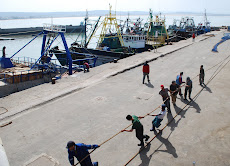

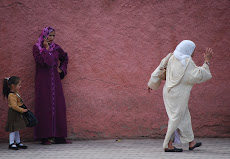










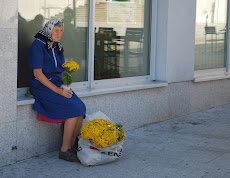
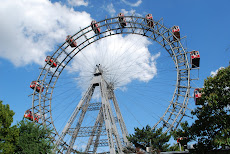


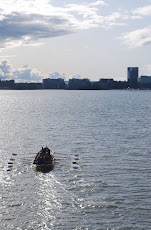


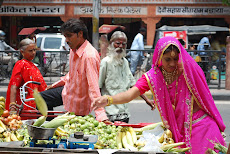
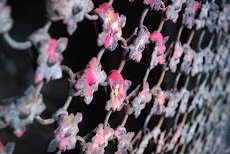
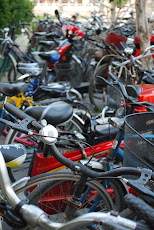


No comments:
Post a Comment